Environmental sustainability analysis of biofuels: a critical review of LCA studies
Published in Chemistry, Sustainability, and Civil Engineering
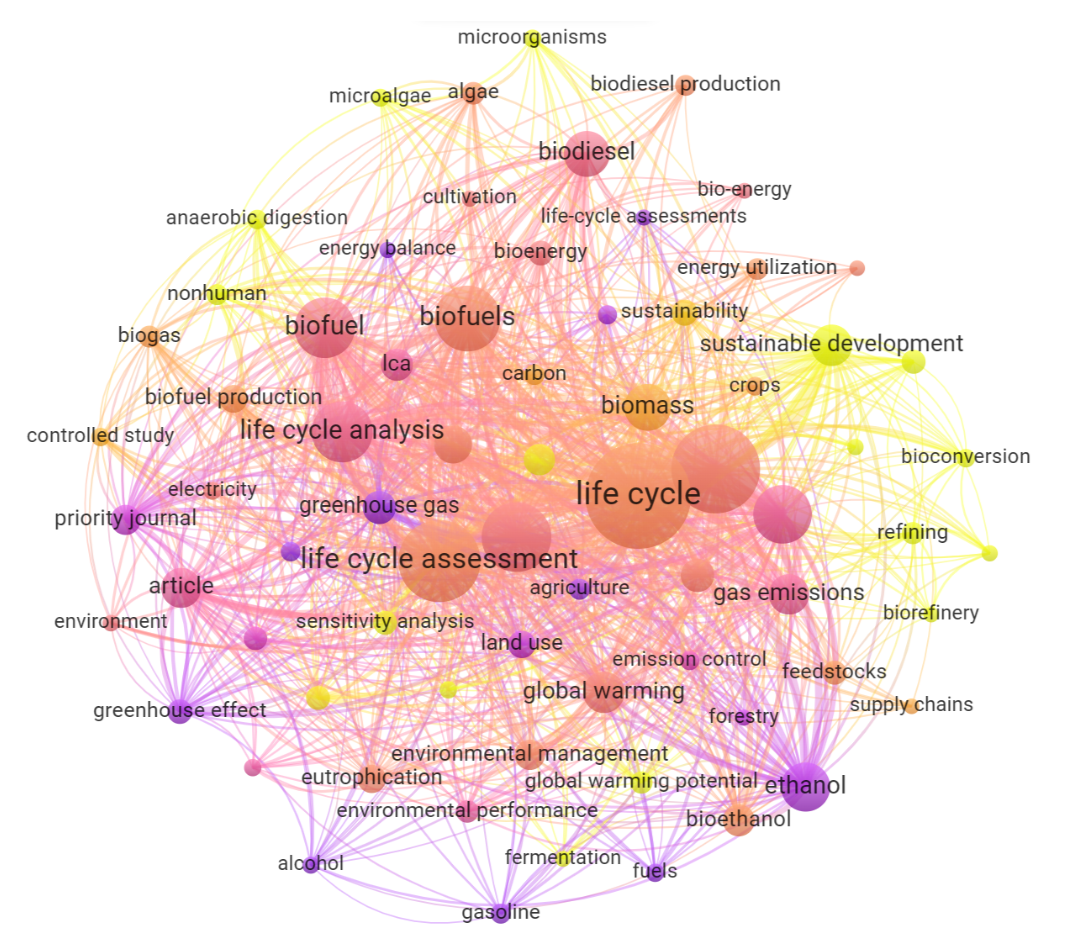
The use of fossil fuels in the transportation sector has significantly increased the greenhouse gas (GHG) emissions, leading to concerns about their environmental impact. As a result, biofuels have been promoted as a promising alternative to fossil fuels to mitigate GHG emissions. However, while biofuels are considered a low-carbon solution, there are concerns that its widespread use could have unforeseen environmental effects. This study analyzes the intricacies involved in biofuel’s life cycle assessment (LCA). Fifty-three peer-reviewed studies were examined, covering a broad range of biofuels produced from over 25 different feedstocks. The literature review focused mainly on research published from 2012 to 2022 to avoid outdated information. The study found that second-generation biofuels have a greater potential for reducing GHG emissions than first-generation biofuels. However, the GHG emissions from third-generation biofuels are higher than those from conventional fuel, ranging from 10.2 to 1910 g CO2 eq. / MJ. The net energy ratio for biofuels ranges from 1.23 to 12.49 for first-generation, 0.003 to 15.04 for second-generation, and 3 to 18.5 for third-generation biofuels. The analysis also shows that the water footprint of biofuels is 50–240 times greater than fossil fuels. The study also examines the critical methodological aspects and sources of uncertainty in the LCA of biofuels and suggests solutions to address these problems. Overall, the study highlights the importance of taking a comprehensive approach when assessing the environmental impact of biofuels and the need for continued research to develop sustainable and effective biofuels.
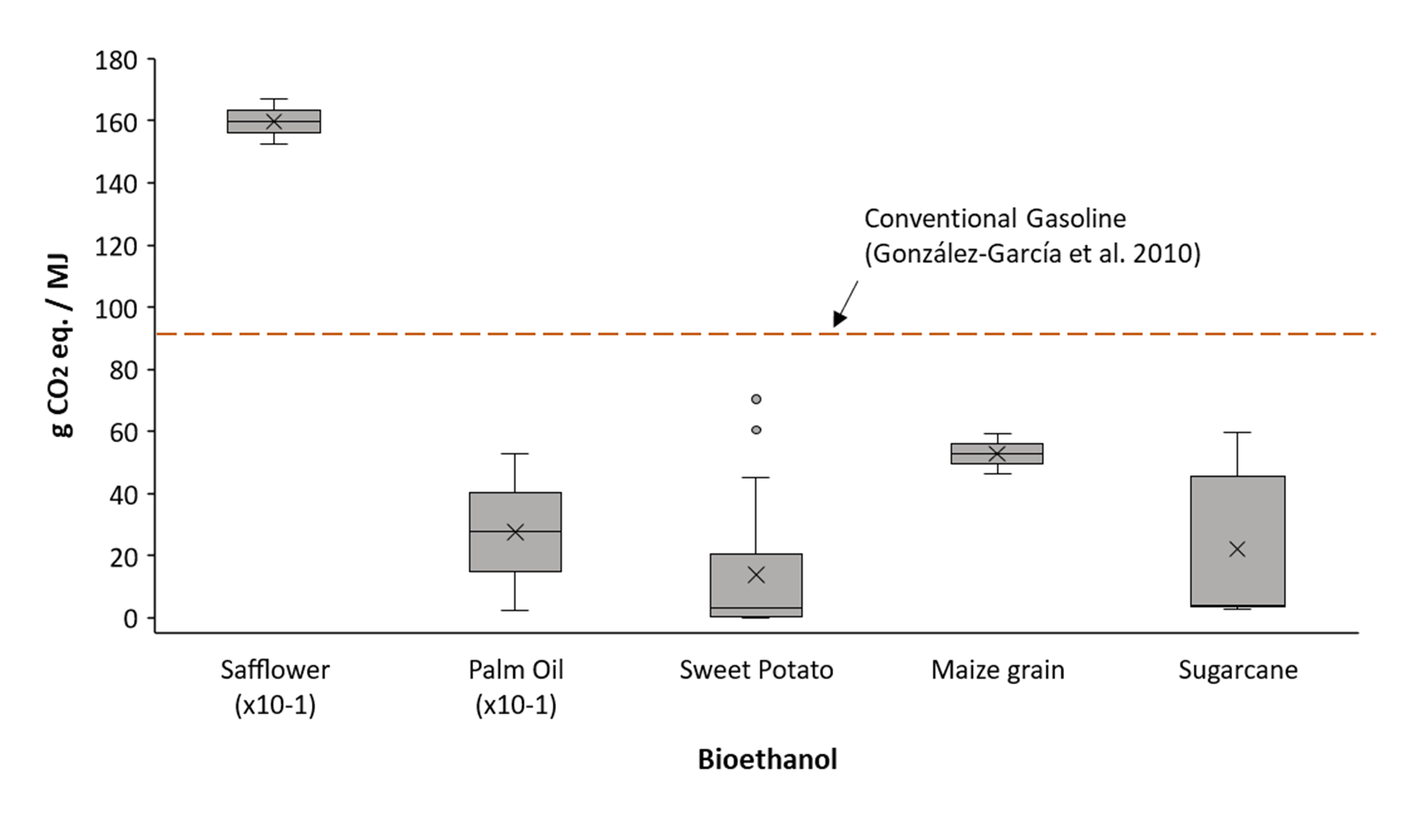
The study shows that second-generation biofuels have a greater potential for reducing GHG emissions than first-generation biofuels. However, the GHG emission from third-generation biofuels exceeds emissions from conventional fuel due to the high electricity consumption in biofuel production. The novelty of the work lies in the critical review of LCA studies and in exploring the critical methodological features and sources of uncertainty in biofuel LCA. This study also contributes to the sustainable development goals by evaluating the GHG emissions and net energy ratio of biofuel production.
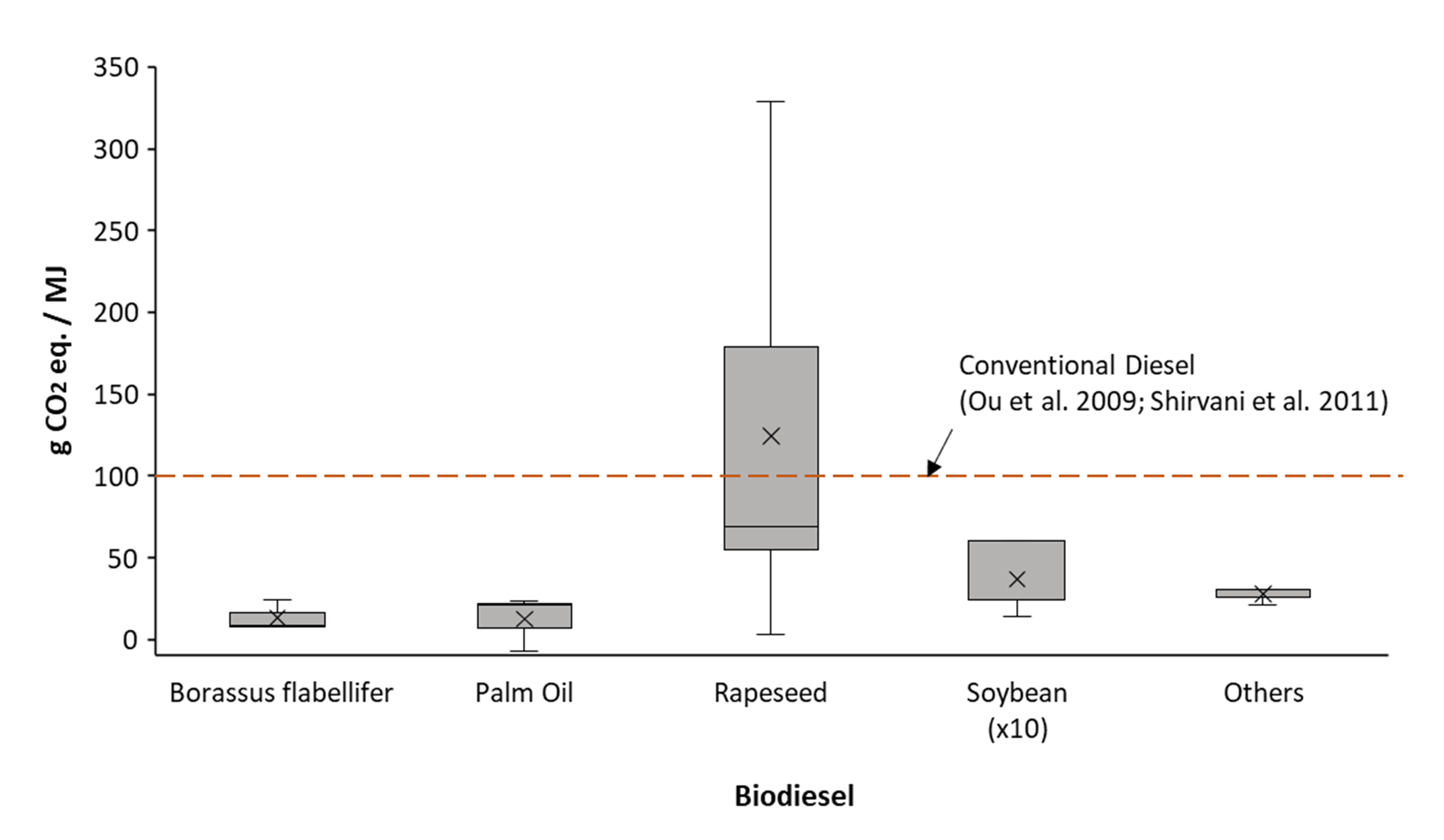
The estimated GHG emission of first-generation bioethanol ranges from 0.006 to 167 g CO2 eq. / MJ, and that for biodiesel varies from -7.3 to 329 g CO2 eq. When the average values are taken into account, the GWP of most of the first-generation biofuels is less than those of conventional gasoline (72.8 to 96 g CO2 eq. / MJ). The GHG emissions of second-generation biofuels vary from -15.4 to 178.7 g CO2 eq. / MJ for bioethanol and – 0.21 to 113.8 g CO2 eq. / MJ for biodiesel
Follow the Topic
-
Clean Technologies and Environmental Policy

This is a scientific journal that publishes research on cleaner products, processes, and environmental policy strategies. As its title suggests, the journal has two major thrusts: Clean Technologies and Environmental Policy.
What are SDG Topics?
An introduction to Sustainable Development Goals (SDGs) Topics and their role in highlighting sustainable development research.
Continue reading announcementRelated Collections
With Collections, you can get published faster and increase your visibility.
Smart Technologies and Policy Tools for Efficient Use of Natural and Secondary Resources
Recent technological developments and global economic challenges have produced mixed results in terms of sustainable development. Measured by the world's global CO2 emissions, a slowdown is apparent, but the emissions are still increasing. On the other hand, the tools necessary to curb the emissions are becoming more sophisticated. The likelihood of amplifying their effects through the application of Process Integration and digital technologies is also growing. The current Special Issue is exploring articles focused on technology development and policy tools with the potential to deliver a step-change in the resource utilisation efficiency and environmental impact reduction. The following topics are set out:
1. Sustainable Energy and Climate Resilience
2. Energy Systems Planning and Policy
3. Sustainable Urbanism, Infrastructure, and Transport
4. Sustainable Materials and Processes
5. Waste Management and Circular Economy
6. AI, Data Science, and Technology for Sustainability
7. Corporate and Business Sustainability (ESG, Finance, Supply Chain)
8. Environmental Management and Natural Resources
9. Agriculture and Food Systems Sustainability
Publishing Model: Hybrid
Deadline: Mar 20, 2026
Decarbonization Technologies and Circular Economy Models for a Regenerative Future
The global sustainability landscape is evolving rapidly, moving beyond the traditional pursuit of net-zero carbon emissions toward regenerative models that actively restore ecosystems, reduce atmospheric carbon, and promote circular economic resilience. The transition from “net-zero” to a “regenerative future” acknowledges the urgency of scaling up carbon-negative technologies, optimizing material loops, and fostering system-wide transformation.
This Special Issue seeks to bring together cutting-edge research, emerging technologies, and policy models that enable deep decarbonization through both technological innovation and circular economy principles. We aim to spotlight interdisciplinary and applied contributions that help define the next frontier of climate action, particularly through technologies such as Bioenergy with Carbon Capture and Storage (BECCS), Direct Air Capture (DAC), biochar applications, sustainable nanotechnology, carbon-storing materials, industrial symbiosis, and waste valorization.
In parallel, circular economy models rooted in the principles of reduce, reuse, recycle, and regenerate play a crucial role in rethinking value chains, minimizing resource extraction, and enabling low-carbon development. This special issue will explore the integration of these models with emerging decarbonization technologies to offer scalable, holistic, and economically viable solutions.
We welcome original research articles, reviews, case studies, and perspectives in the following (but not limited to) areas:
• Carbon-negative technologies: BECCS, DAC, mineralization, enhanced weathering, biochar applications
• Decarbonization of energy systems: renewable energy integration, hydrogen economy, energy storage innovations
• Circular economy innovations: waste-to-resource technologies, industrial symbiosis, circular supply chains
• Carbon-storing materials: sustainable construction materials, carbon-absorbing composites
• Digital and AI-driven tools for circularity and carbon accounting
• Life Cycle Assessment (LCA) and Techno-Economic Analysis (TEA) of emerging decarbonization solutions
• Policy and governance frameworks supporting regenerative models
• Case studies of circular transition in cities, industries, and regions
• Role of nanotechnology and advanced materials in decarbonization and circularity
• Sustainable agriculture and land-use strategies for carbon drawdown
• Financing and business models for regenerative technologies
Publishing Model: Hybrid
Deadline: Mar 10, 2026

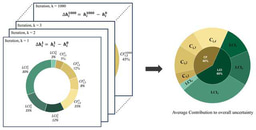
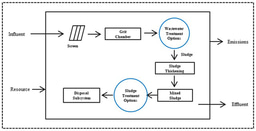
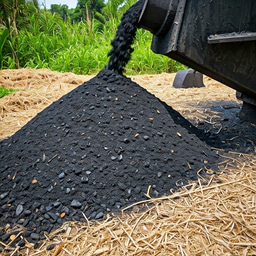
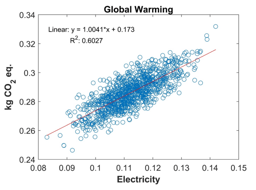
Please sign in or register for FREE
If you are a registered user on Research Communities by Springer Nature, please sign in